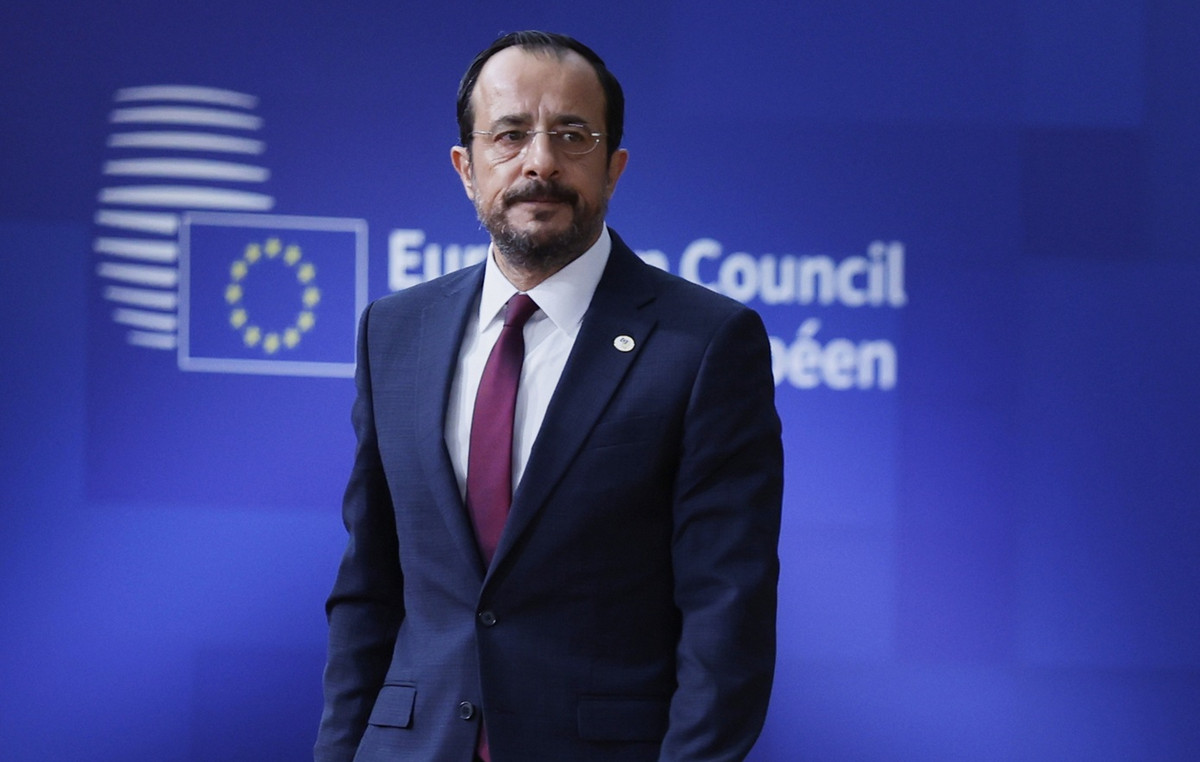By Dimitris Katsaganis
The “package” of measures to support vulnerable social groups, those affected by the pandemic and those who have been at the forefront of the fight against its spread is further strengthened.
The day before yesterday Prime Minister Kyriakos Mitsotakis, from the floor of Parliament announced three completely new measures.
The reason for emergency aid – based on income criteria – at least 250 euros to about 800,000 low-income retirees, the aid also with 250 euros to 173,000 disabled people and the payment of half a salary (around 900 euros on average) to 100,000 health workers and EKAB.
These measures come after the provisions on doubling the Minimum Guaranteed Income next Christmas (based on the announcement of Mr. Mitsotakis from the podium of this year’s TIF).
At the same time, especially for the employees in companies, which were affected by the previous waves of the pandemic, provisions are provided for the continuation of the “Co-Work” mechanism until December 2021.
Immediately after December 2021, ie from January 2022, a new barrage of support measures will be “run” for the unemployed, those who are paid with the minimum wage and the employees in general. %, while the reduction of contributions by 3 points will be maintained.
The measures until December 2021
In more detail, the measures from the category of beneficiaries until the end of this year will be as follows:
-
Low pensioners: Extraordinary aid with at least 250 euros
Aid will be given at the end of December to tackle energy and commodity price increases for vulnerable retirees. Beneficiaries will be retirees who have an annual individual taxable income of up to 7,200 euros (600 euros per month) and an annual family taxable income of up to 14,400 euros.
The total taxable value of the real estate of the household cannot exceed the total amount of 200,000 euros.
The amount of aid will amount to 250 euros plus 50 euros for dependent members. The measure concerns about 830,000 retirees who meet the criteria. The budget cost will amount to 210 million euros.
-
Disabled: Extraordinary aid with 250 euros
Aid will be given to people with disabilities to tackle energy and commodity price increases. Beneficiaries are those who receive an allowance for the disabled of OPEC. The amount of aid will amount to 250 euros for about 173,000 beneficiaries. The aid will be paid at the end of December. The cost amounts to 43.5 million euros.
-
Sanitary: Extra half salary in December
About 100,000 active health workers will be supported with an extraordinary payment of half a salary. This is an average amount of 900 euros will be given in December.
-
Beneficiaries of Minimum Guaranteed Income: Doubling the Allowance in December
During the month of December it will be paid in double of the Minimum Guaranteed Income to all the beneficiaries which are about 257,000 households (500,000 people). The cost of the measure is 64 million euros.
The Minimum Guaranteed Income is aimed at households and the homeless living in extreme poverty. Income support starts at 200 euros per month for a single-person household and increases by 100 euros per month for each additional adult and by 50 euros per month for each minor child.
The payment of the surcharge precedes the regular payment of the monthly income support and takes place on December 15, 2021.
-
Employees in affected companies: Extension of the “Cooperation” mechanism
The “Cooperation” employment assistance program is extended until the end of the year.
With regard to the details of the mechanism, the employer can reduce the time of a full-time employee up to 50%, without changing the employment relationship. For the time the employee is not working, the budget will support the employee himself, covering 60% of the remuneration (up to a certain amount of remuneration) corresponding to this period. The employer is obliged to cover all the insurance contributions of the employee (100% provided in the employment contract). As long as the employee is in reduced employment status, the employer is not allowed to terminate the employment contract or reduce the amount of the employee’s salary.
The cost of the expansion by the end of the year is 50 million euros.
Measures at the “threshold” of 2022
In parallel with the above measures by the end of 2021, a package of measures has already been launched with the arrival of the new year with emphasis on the unemployed, those paid the minimum wage and the total number of employees. These are the subsidy for hiring unemployed without previous service, the extension of the subsidy for unemployed contributions (with or without previous service), the increase of the minimum wage by 2% and the maintenance of the reduction of contributions by 3 points for all employees.
-
Unemployed without previous service: “First stamp” from January 1, 2022
A measure will be implemented for the first time and concerns all young people without work experience. The reason for “first stamp ” which aims to facilitate the entry of young people into the labor market.
Young people from 18 to 29 years old who have no previous service, when they are hired full time, will be supported by the state for 6 months with 1,200 euros for the entire period. The 600 euros will be directed to employers, thus reducing wage costs. The other 600 will go directly to the new, in addition to their pay, to use them as they wish.
The measure will take effect from 1 January 2022. The cost of the program has been budgeted for 2022 and 2023 at 42 million euros (28 million euros for 2022 and 14 million euros for 2023) with this budget can cover 35 thousand young people. If necessary, the budget can be increased.
-
Unemployed (with or without previous service): Additional 50,000 positions with subsidy of contributions from January 1, 2022
From 2022 the subsidized new jobs will increase from 100,000 to 150,000.
This is a budget program of 345 million euros, which with the increase of jobs increases by 169 million euros. Its main function is to subsidize for 6 months all the non-wage costs borne by companies and employees, ie the insurance contributions of employee and employer. The aim is to motivate new hires.
The program provides for a special clause for the maintenance of existing jobs. It also has special care for the long-term unemployed, as each job will be subsidized with an additional 200 euros on the net salary, in addition to covering non-wage costs, while it will also cover the corresponding insurance contributions in gifts and leave allowance.
-
Paid with the minimum wage: 2% increase from January 1, 2022
From 1 January 2022, the gross minimum wage will increase by 2%. The measure concerns about 600,000 private sector employees.
-
Reduction of contributions by 3 points: Maintained from January 1, 2022 – Profit for the employee
From January 1 to December 31, 2022, the reduction of all contributions (close to 2 million) of employees by 3 points will continue to apply. This reduction is divided (approximately by 1/3) between the contributions of the insured and (by 2/3) the contributions of the employers. The reduction of the contributions of the insured “translates” into an increase of their net salaries.
.
Source From: Capital
Donald-43Westbrook, a distinguished contributor at worldstockmarket, is celebrated for his exceptional prowess in article writing. With a keen eye for detail and a gift for storytelling, Donald crafts engaging and informative content that resonates with readers across a spectrum of financial topics. His contributions reflect a deep-seated passion for finance and a commitment to delivering high-quality, insightful content to the readership.







